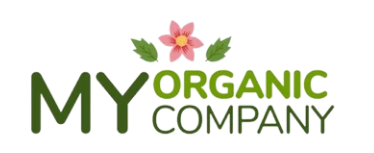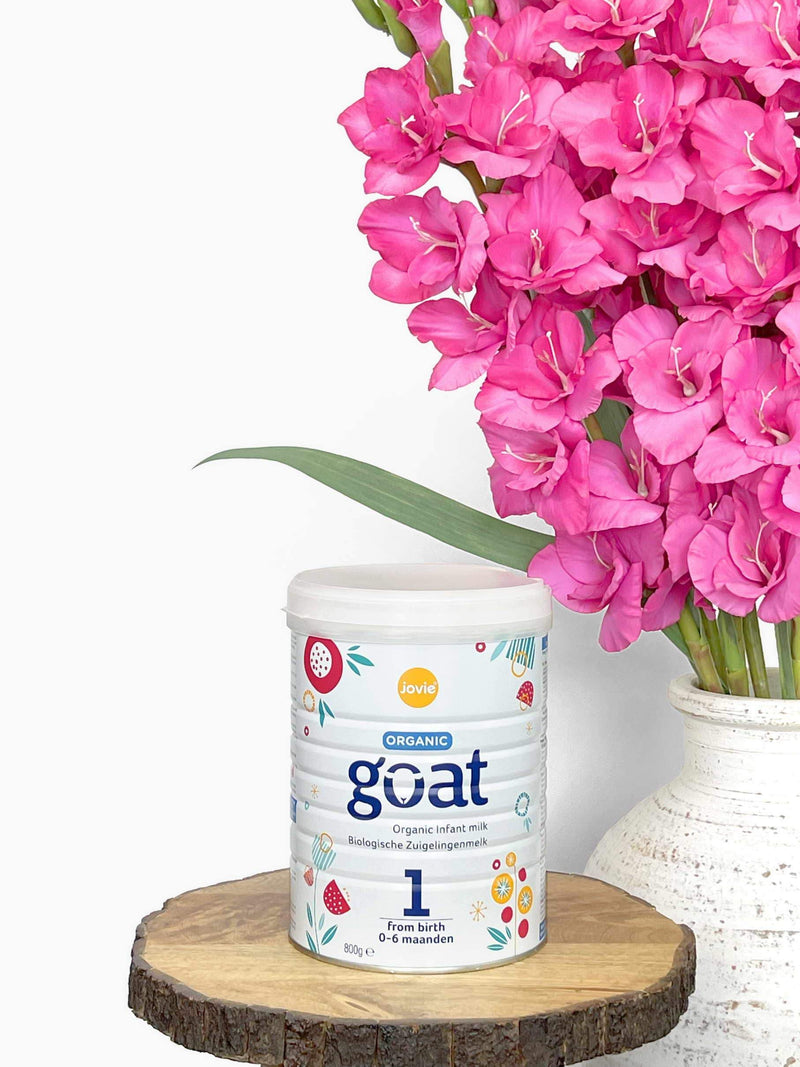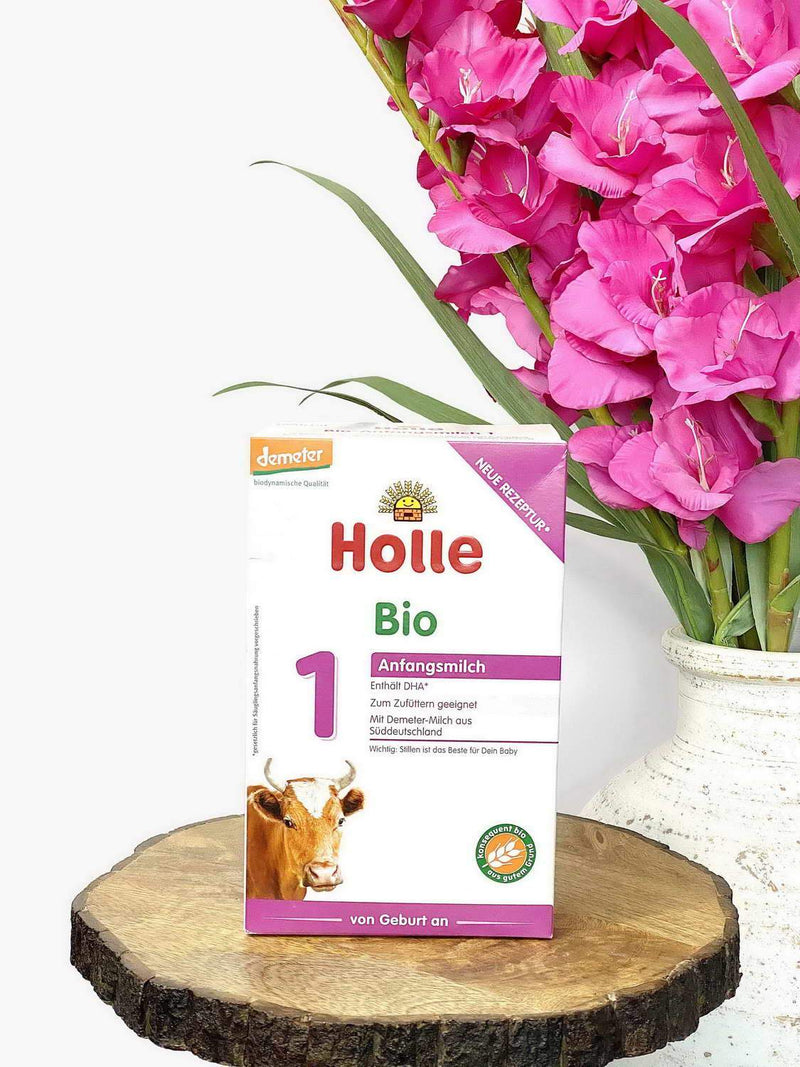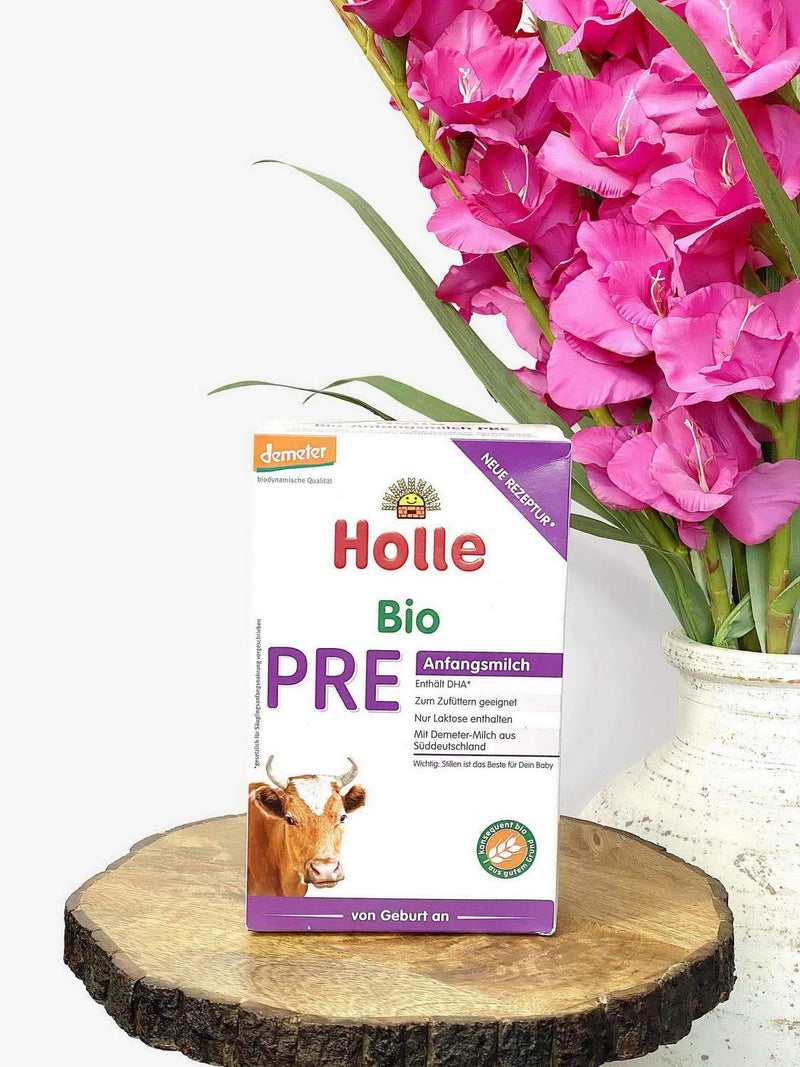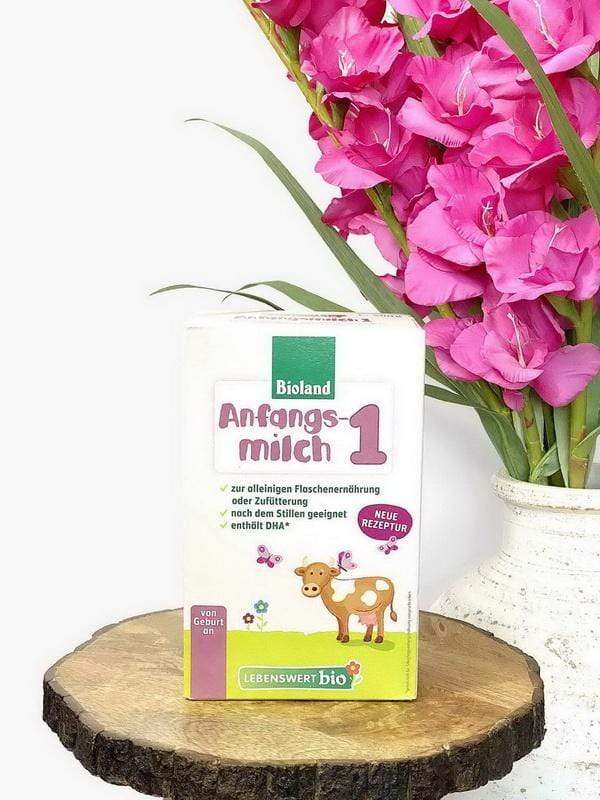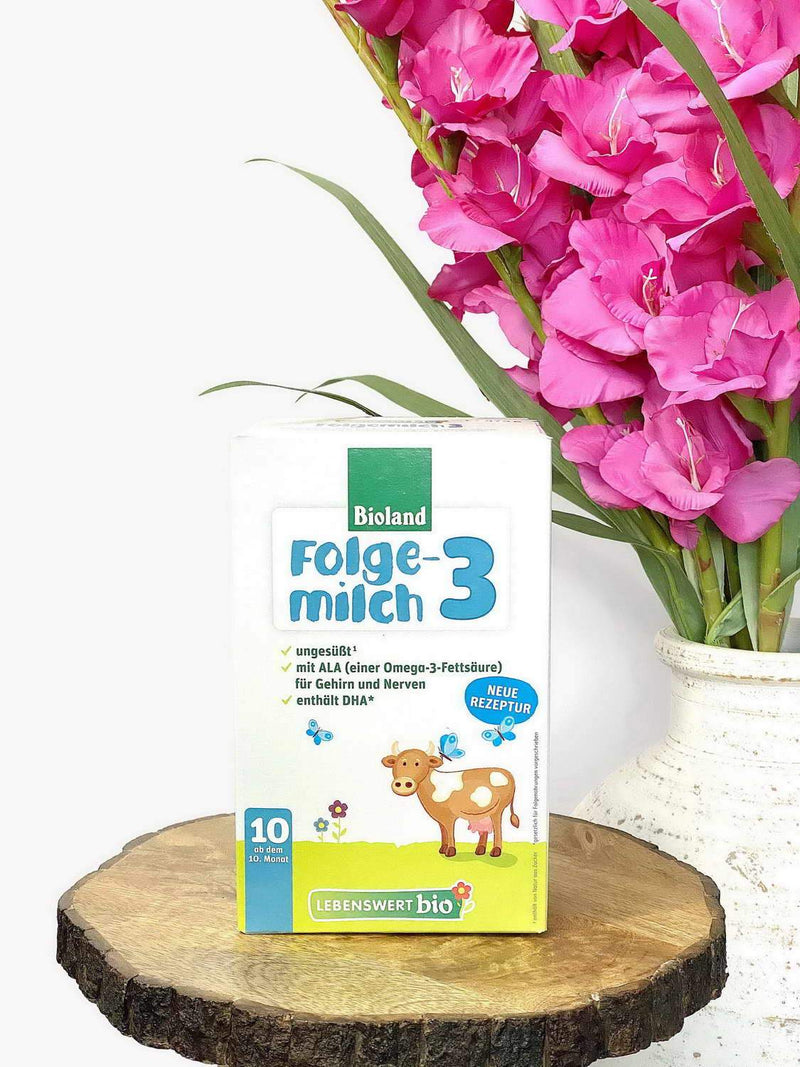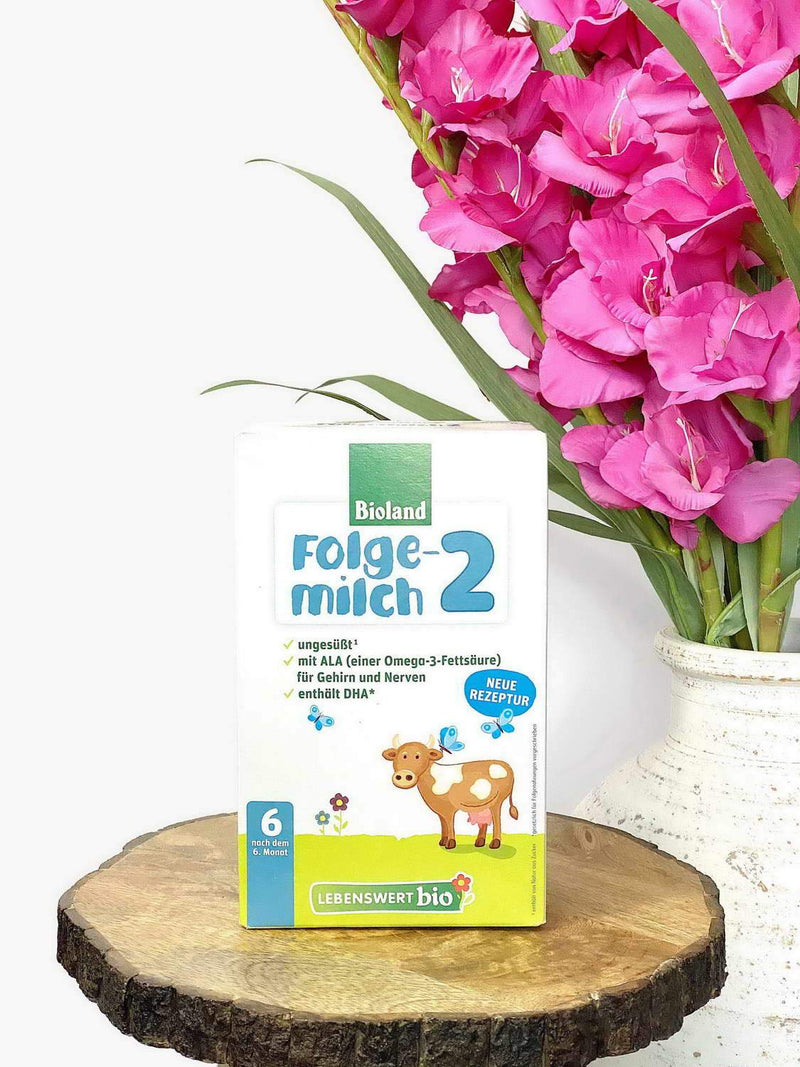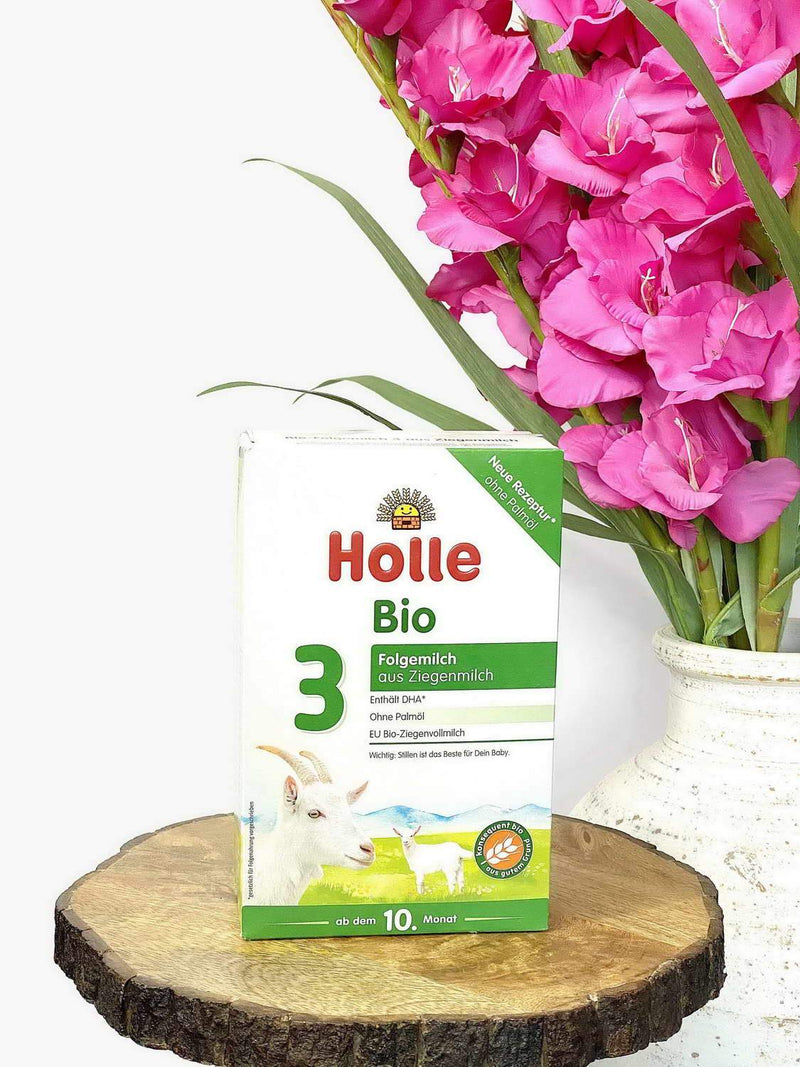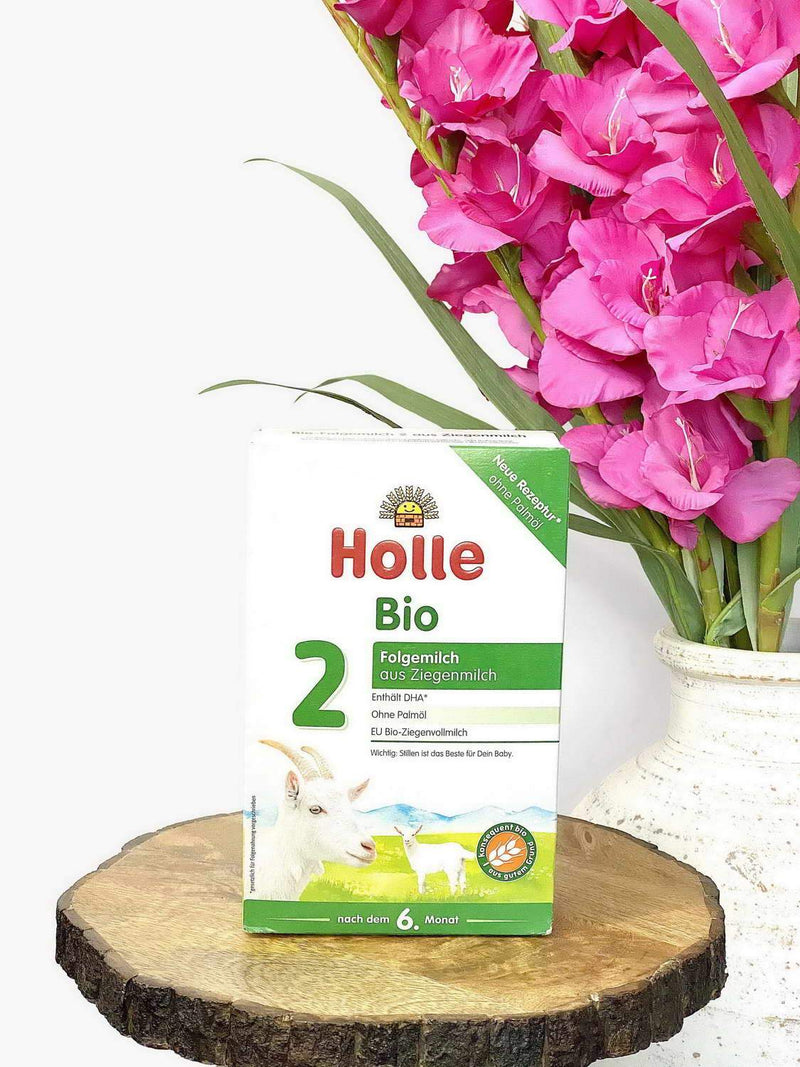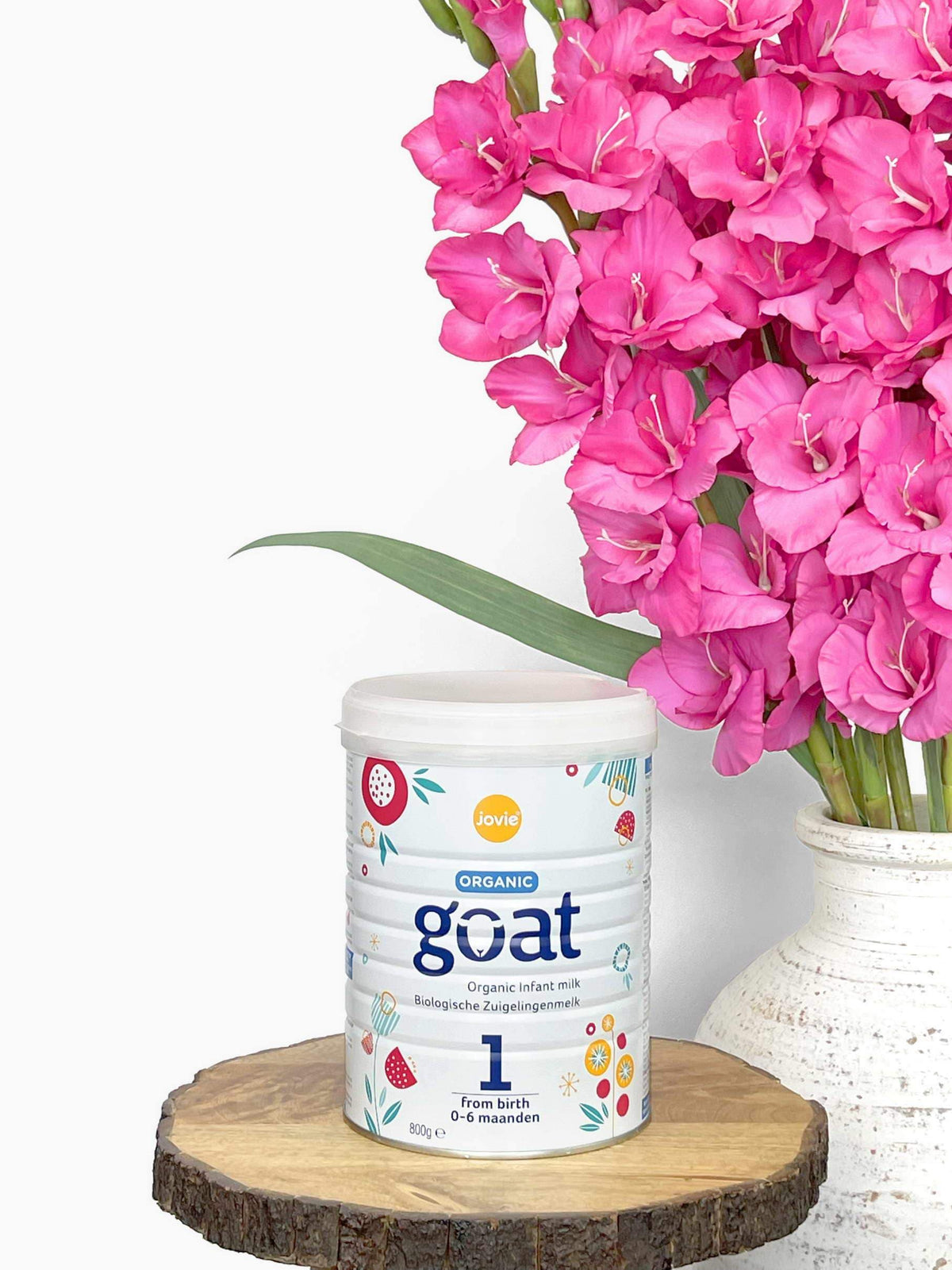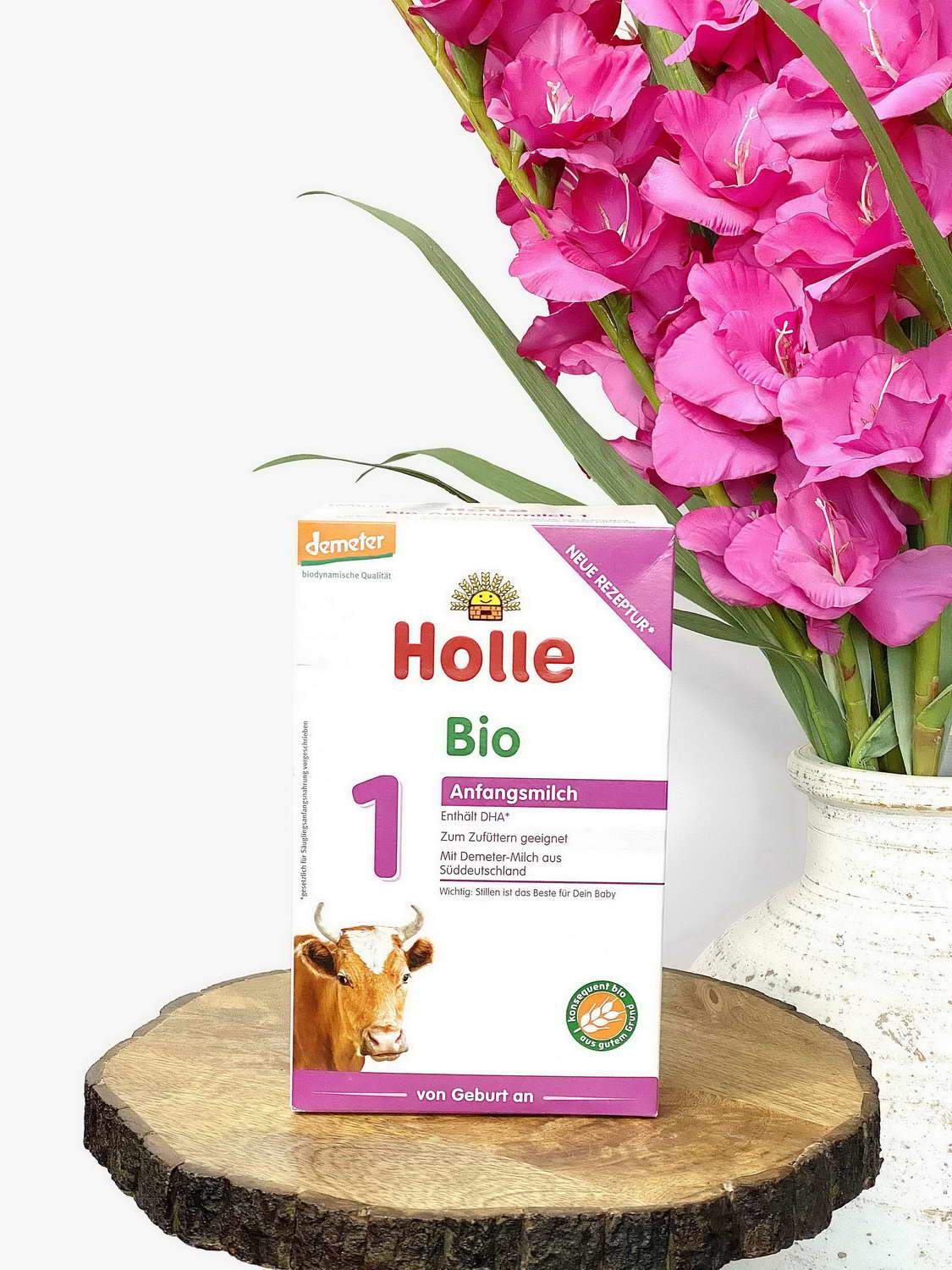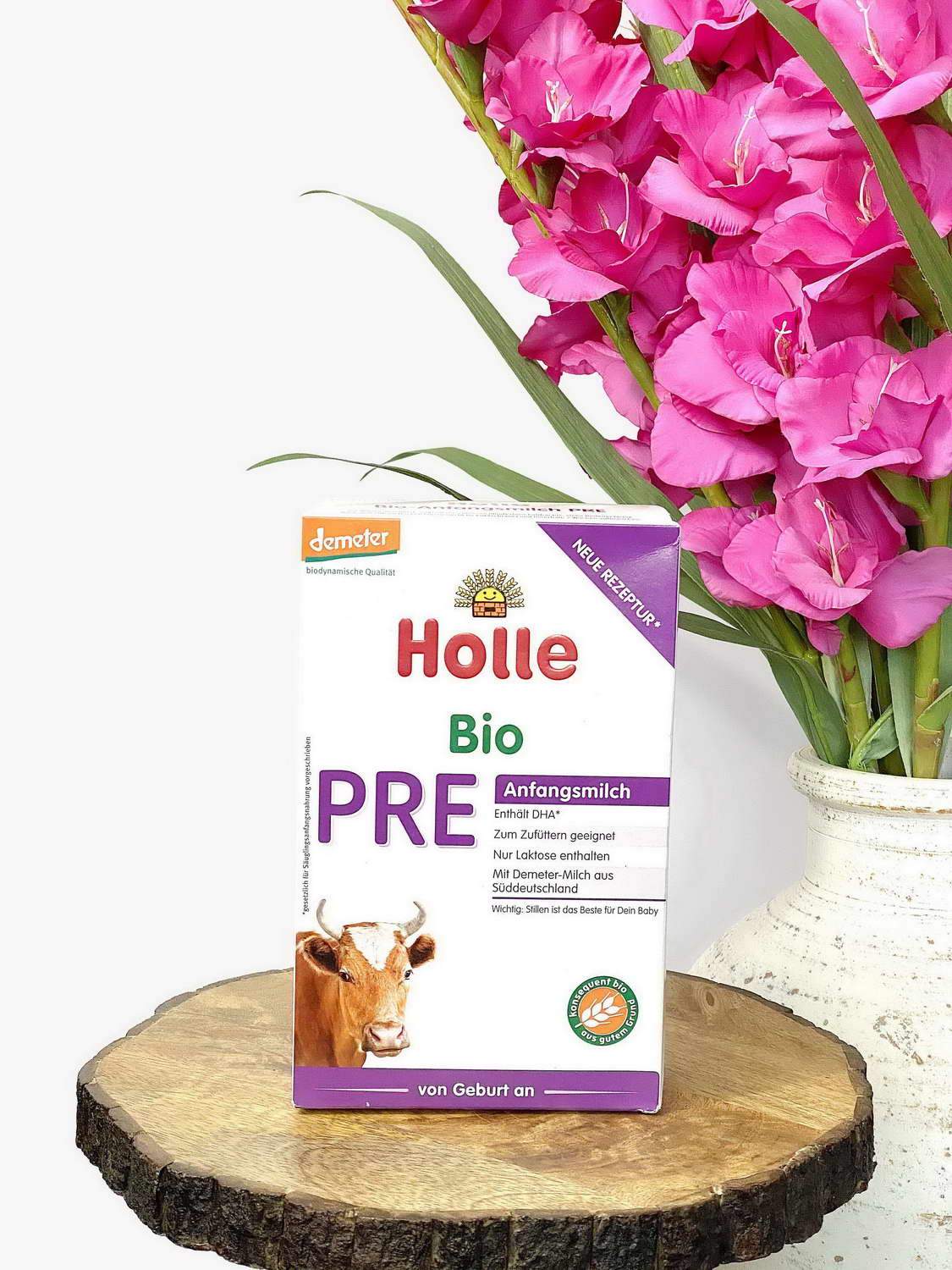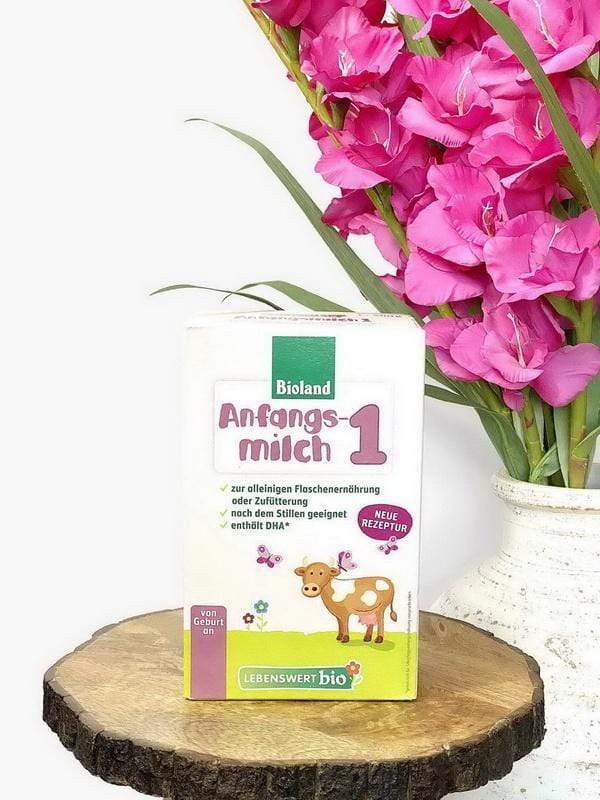How Many Calories in Baby Formula?
Written by Renee Published on 04/22/24 Read Time 5 min

As babies grow, they go through different stages of eating to help their bodies and cognitive development. It's normal for parents to worry about whether their little ones are getting the right amount of calories and nutrients.
This article will delve into the current nutritional requirements for infants and toddlers. We'll explore whether counting calories is always necessary so you can gain valuable insights without feeling overwhelmed.
How Many Calories Does My Baby Need in the First Year?
The energy a baby needs to sustain their growth and maturation varies depending on age, developmental stage, and whether they have started eating solid nutrition.

Newborn - 6 Months
6-12 Month
As your little one's menu expands between 6−8 months, it's essential to maintain a balance. Even with a more diverse diet, providing organic formula several times a day remains crucial to ensure all their nutritional needs are met, giving you the confidence that your child is getting the best nutrition.
Moving into the toddler stage, 9−12 months, the number of times your baby takes a bottle may decrease, but the amount in each feeding may increase. Solid nutrition becomes the majority of the daily food intake, but it is vital to help older infants find nutritional balance, which means providing a variety of foods from different food groups to ensure they get all the necessary nutrients and supplementing
How Many Calories Does My Baby Need in a Day?
The number of calories your baby requires is crucial in ensuring their healthy growth and development. The calories needed are based on your baby's size, age, and sex. A newborn baby, for instance, will need fewer calories than an older baby. As your baby grows older and more prominent, their energy requirements will increase, and they will need more daily calories.
The amount of calories your baby needs is not a one-size-fits-all approach. To ensure your baby's healthy growth and development, monitoring their calorie intake, providing healthy options, and consulting with a healthcare provider if you have any concerns are essential.

Calculating How Many Calories in Baby Formula
My Organic Company carries fifty-six baby formulas. Each is uniquely designed to meet the nutritional needs and developmental stages of your infant.
As you narrow down the perfect European baby formula for your little one, you may want to know exactly how many calories are in this formula.
We have made it easier for you by listing each brand and stage along with the calories found in 100 ml or 3.38 oz of baby formula.

How Many Scoops of Baby Formula
The amount of baby formula powder in a scoop varies with each brand of European baby formula. On average, most European baby formulas are one ounce of water per scoop.
As a general rule, 3 oz of water and 3 scoops of European baby formula mixed together equals about 3.2 or 3.3 oz of liquid, close to 100 ml of formula, so one 3 oz bottle will equal somewhere between 65 and 70 kcal.
By these numbers we see that a newborn baby weighing 7 lbs will need around 6 bottles in a 24 hour period to meet the daily requirements of calories for the day.
It is important that you do not rely on the generalities: For exact baby formula mixture - water to scoop - check our formula preparation guide, we list every brand and every stage.
Baby Formula Feeding by Weight
As your baby grows, so will their appetites. Their increase in eating will help you gauge when more calories are needed.
With each of these stages, it is just a matter of recalculating the needed calories.
Your 5 month old weighs 16 lbs. 16 lbs x .45 kg = 7.2 kg
A 7.2 kg baby should be getting 7.2kg x 100kcal/kg/day = 720 kcal/day
720 kcal per day / 69kcal per100ml = 10.4 x 100 ml = 1040 ml/day
1040 ml per day / 29.5ml per oz = 35.25 or 35 oz/day
35 oz per day / 6oz per bottle = about 6 bottles a day
How Many Calories In Baby Formula Per Ounce
Unless you have a medical reason to count the exact calories your little one gets in one day, then it is not really necessary.
Rather than counting calories or measuring out portion sizes, it is more important to let baby take the lead. Fortunately, once you get into a rhythm and become familiar with your infants' feeding habits, it will become second nature.
Not to worry, babies will let you know when they are ready to eat. Just follow your baby's hunger cues.
Some of the most common things you might notice is crying or fussiness, and opening of your baby's mouth when touched on his chin or lips, smacking of lips or making small sounds with his mouth and sucking on fingers or placing fist in mouth.

Closest to Breastfeeding
My Organic Company knows that not every calorie is created equal. That is why we only offer European baby formulas that are closest to the nutrition in breast milk.
Held to the highest standards, European baby formulas will never have hidden corn syrup, glucose syrup solids, or non lactose sugars; only pure clean ingredients and organic milk are in the organic baby formulas.
You can feel confident knowing that your baby is getting the nutrition they deserve, no calorie counting necessary.
Please be aware that this information is based on general trends in babies, and it is not medical advice. Your doctor should be your first source of information and advice when considering any changes to your child’s formula and when choosing your child’s formula. Always consult your pediatrician before making any decisions about your child’s diet or if you notice any changes in your child.
Breastfeeding is the best nutrition for your baby because breast milk provides your child with all the essential nutrients they need for growth and development. Please consult your pediatrician if your child requires supplemental feeding.
Author Bio:
Renee is an infant nutrition consultant and a full-time writer. Due to her experience in seeking better nutrition for her premature daughter, she advocates for European baby formula. Renee is fully committed to contributing value to this critical area of child development as a mother of a large family, foster parent, and adoption supporter.
Renee enjoys camping outdoors, swimming, and hiking with her family when she is not working.
Read Next:
Your cart is empty
Shop formulasYou have not added any favorites yet.
Shop formulas